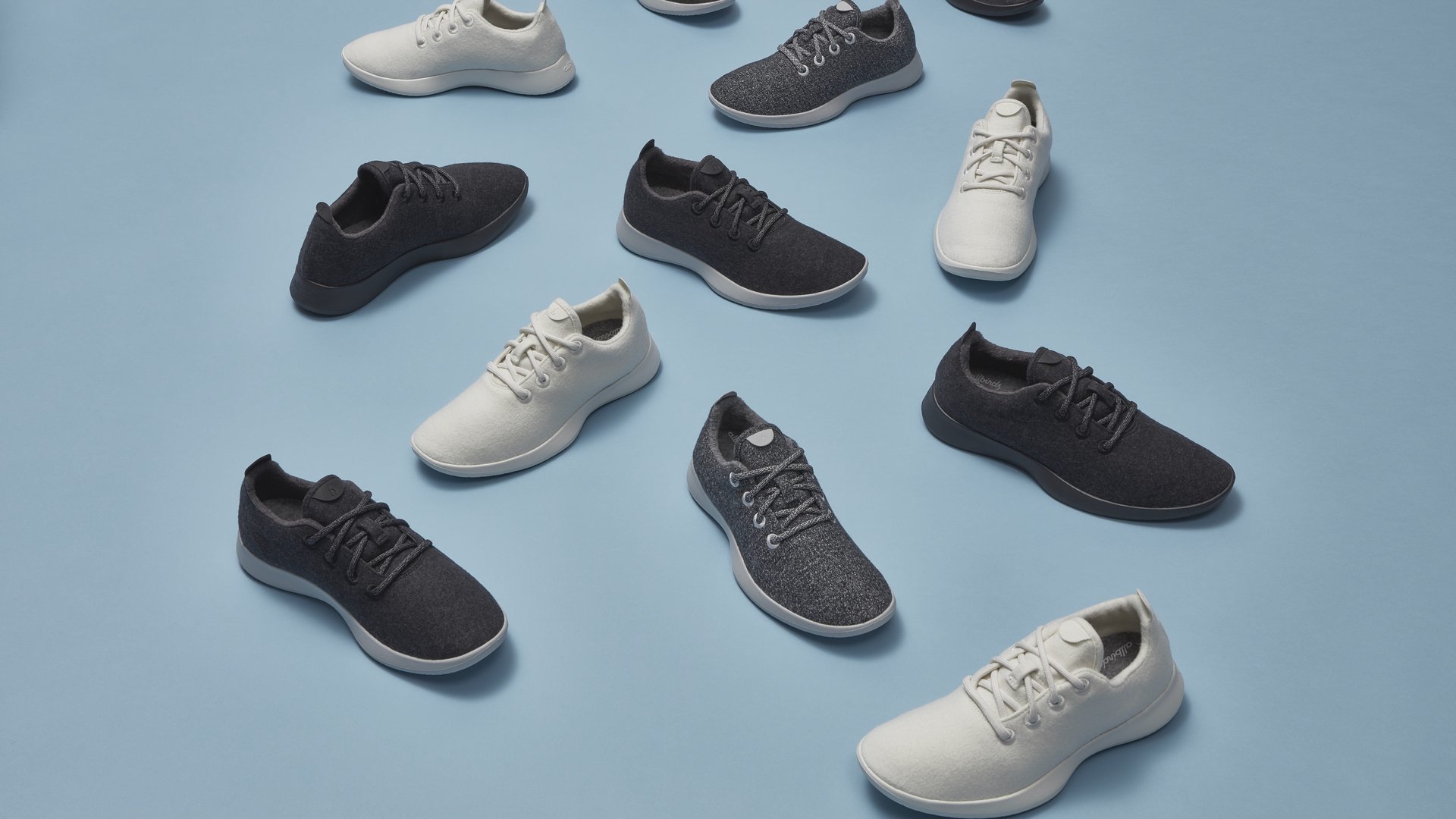Allbirds calls out Amazon for its unsustainable knockoff of its sneakers
Allbirds cofounder and co-CEO Joey Zwillinger had some words for Amazon after it recently began selling a near-replica of the company’s wool sneakers under one of its own brands.


Allbirds cofounder and co-CEO Joey Zwillinger had some words for Amazon after it recently began selling a near-replica of the company’s wool sneakers under one of its own brands.
In an interview with Co.Design, Zwillinger called out Amazon for knocking off the look of its shoes without giving any indication that also it copied its sustainable manufacturing practices—even though Amazon just announced a commitment of reaching net-zero carbon emissions by 2040. Amazon doesn’t give details on the product page for its shoes about whether it took sustainability into account in making them. The description says they’re made “with a comfortable soft wool blend top” and lists the fiber content. According to Zwillinger, the price itself is an indicator. Amazon’s shoes cost just $45, compared to $95 for Allbirds’s original.
“Given what I know about manufacturing, there is no way you can sell a shoe for that low while taking care of all of the environmental and animal welfare considerations and compliance we take into account,” he said. “Amazon is stating that it wants to be a green company. It should be taking steps to make their products more sustainable.”
He called the juxtaposition between Amazon’s climate pledge and business practices such as this “stark,” adding: “Amazon has all the resources in the world. If anyone doesn’t have an excuse for becoming more sustainable—it’s Amazon.”
Allbirds made its name on the comfort of its sneakers as well as their sustainability credentials. The company is a certified B corporation, meaning it meets a set of environmental and social standards. To source the wool in its shoes, for instance, Allbirds works with an organization called ZQ that ensures wool is ethically and sustainably farmed. The laces in its shoes are made of 100% post-consumer recycled polyester. Allbirds is already carbon-neutral and invests in programs with goals such as building solar plants and wind farms to replace coal power, and capturing methane from landfills and livestock operations.
Amazon, by contrast, isn’t particularly known for its environmental performance. It has a sustainability program, but it appears to focus mostly on its own operations and issues such as packaging. The supply chain behind products, however, often tends to have the greatest environmental impact. When contacted, Amazon declined to comment for this story.
Zwillinger said he doesn’t want anyone ripping off Allbirds’s intellectual property, but he’d be happy to see more companies imitating their sustainable techniques. If Amazon, which has a reputation for offering low-cost versions of hot sellers by other brands, really wants to be sustainable, it’s going to have to think of the supply chains behind all of the products it’s now making itself.
This story has been updated with a response from Amazon.